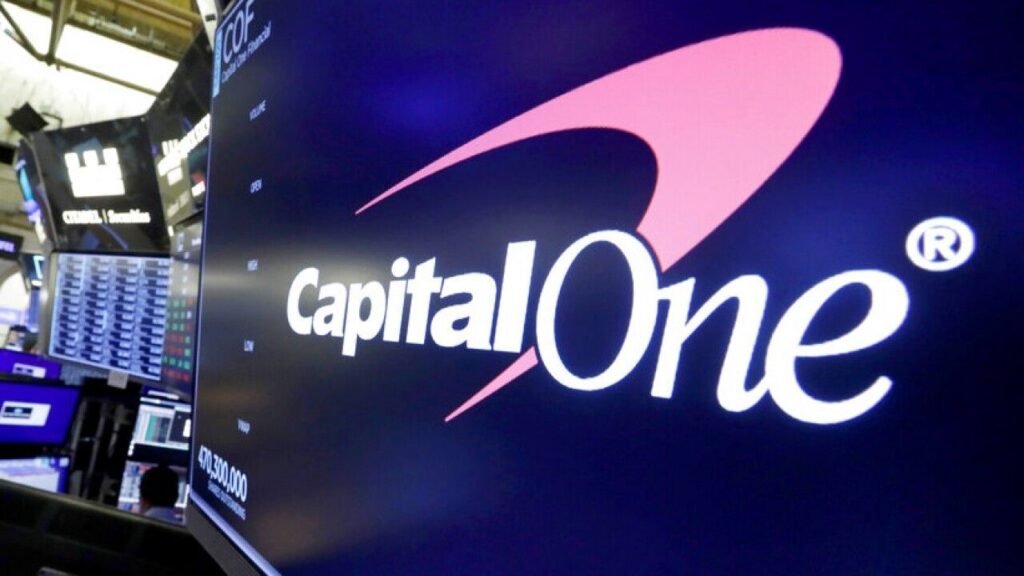In 2019, Capital One experienced a significant cybersecurity failure, resulting in the personal information of nearly 98 million individuals being exposed. The compromised data included sensitive details such as full names, addresses, Social Security numbers, credit scores, and even linked bank account numbers. The breach left many customers vulnerable to identity theft, unauthorized financial activity, and long-term financial distress.
Class Action Lawsuit Spurs a Multi-Million Dollar Settlement
To compensate the victims, a class action lawsuit led to a $190 million settlement approved in 2022. This legal resolution aimed to support individuals impacted by the breach by offering financial reimbursement and extended identity protection services. While the bulk of the monetary compensation was distributed in 2023 and 2024, vital fraud protection services continue to be available and will remain accessible until 2028.
Uncovering the Nature of the Cybersecurity Breach
The breach originated from a former employee of Amazon Web Services who exploited a security gap in Capital One’s cloud infrastructure. The exposed information did not include passwords or credit card CVV codes, but it was still sufficient for cybercriminals to commit fraud, open new accounts, or initiate phishing schemes. This incident underscored serious vulnerabilities in cloud-based data storage systems used by financial institutions.
Eligibility Criteria That Determined Who Could Claim
Those who were eligible for the Capital One settlement were customers or credit applicants who used Capital One banking or credit services between September 1, 2015, and January 12, 2022. To receive benefits, claimants needed to demonstrate U.S. residency at the time of the breach, provide proof of identity-related financial harm, and submit all necessary documentation before the September 30, 2022 deadline. Importantly, users who did not incur financial losses were still able to access complimentary identity protection services.
Monetary Relief Offered Through Structured Compensation

The settlement provided several layers of financial assistance. Individuals with evidence of out-of-pocket expenses due to the breach could receive up to $25,000. Additionally, those who spent time resolving fraud-related issues were reimbursed $25 per hour for up to 15 hours. Even those without major losses received a general payout between $50 and $250, depending on the number of claims submitted. These funds helped alleviate financial pressures resulting from the data leak.
Identity Safeguards That Continue to Serve Consumers
Beyond financial restitution, Capital One extended free credit monitoring, identity theft insurance, and fraud detection support to all affected users. These services include real-time tracking of financial activities, professional assistance in identity restoration, and protection against future fraudulent transactions. These benefits remain available to eligible individuals until February 13, 2028, offering long-term peace of mind to those impacted.
Timeline of Events From Breach to Continued Support
The Capital One settlement was executed in several phases. The breach occurred in 2019, and the court approved the settlement on September 13, 2022. The deadline to submit a claim was September 30, 2022. The first compensation payouts were issued on September 28, 2023, followed by a second wave on September 4, 2024. However, identity theft monitoring and restoration benefits are still open for enrollment until early 2028.
Steps You Can Still Take to Protect Your Information
Although the window for financial compensation has closed, eligible customers can still take advantage of free identity protection services. To enroll, users should visit capitalonesettlement.com, enter their claim identification number or registered email, and activate credit monitoring. Regular checks for suspicious financial activity and prompt reporting of unauthorized transactions are strongly encouraged.
Final Reflections on One of the Largest Financial Data Breaches
The Capital One incident remains a cautionary tale about the vulnerabilities within digital banking systems. It has spurred regulatory actions, including an $80 million fine from federal authorities and heightened scrutiny of Capital One’s data security practices. This breach illustrates the urgent need for financial institutions to invest in advanced cybersecurity infrastructure and develop proactive security protocols.
Millions of individuals have already benefited from the class action settlement, receiving both compensation and protection. However, the responsibility of maintaining financial safety continues. Affected customers who haven’t yet enrolled in ongoing services should act promptly. Taking advantage of the resources provided can prevent future identity theft and safeguard financial stability.

